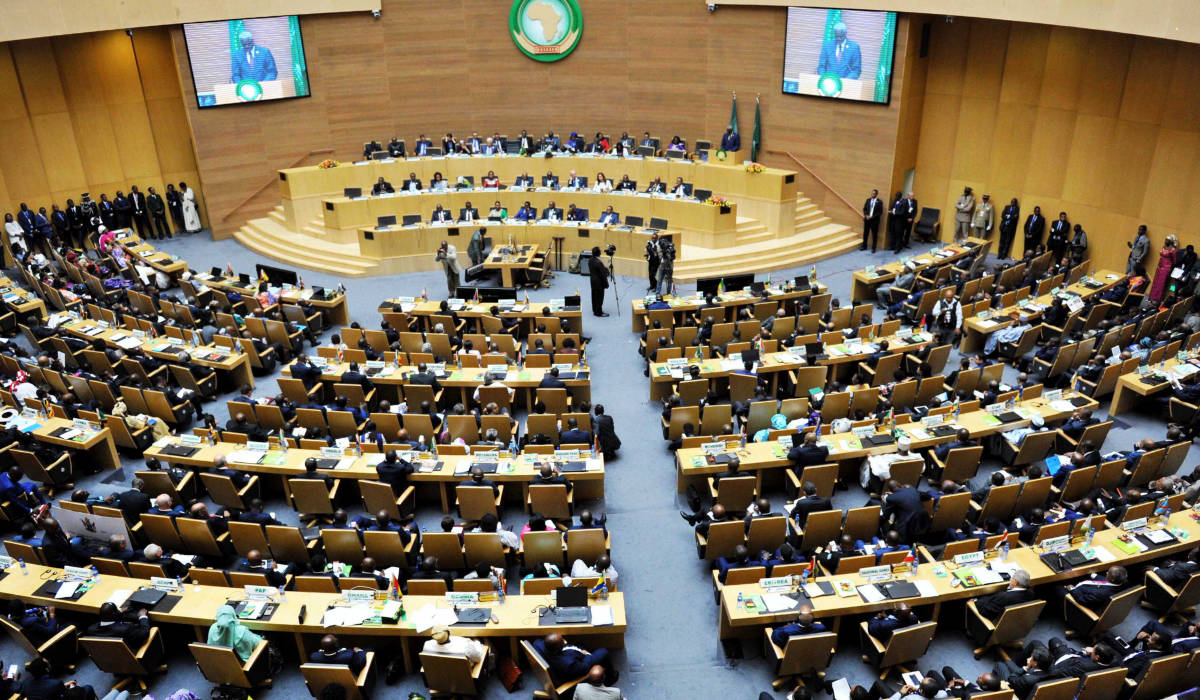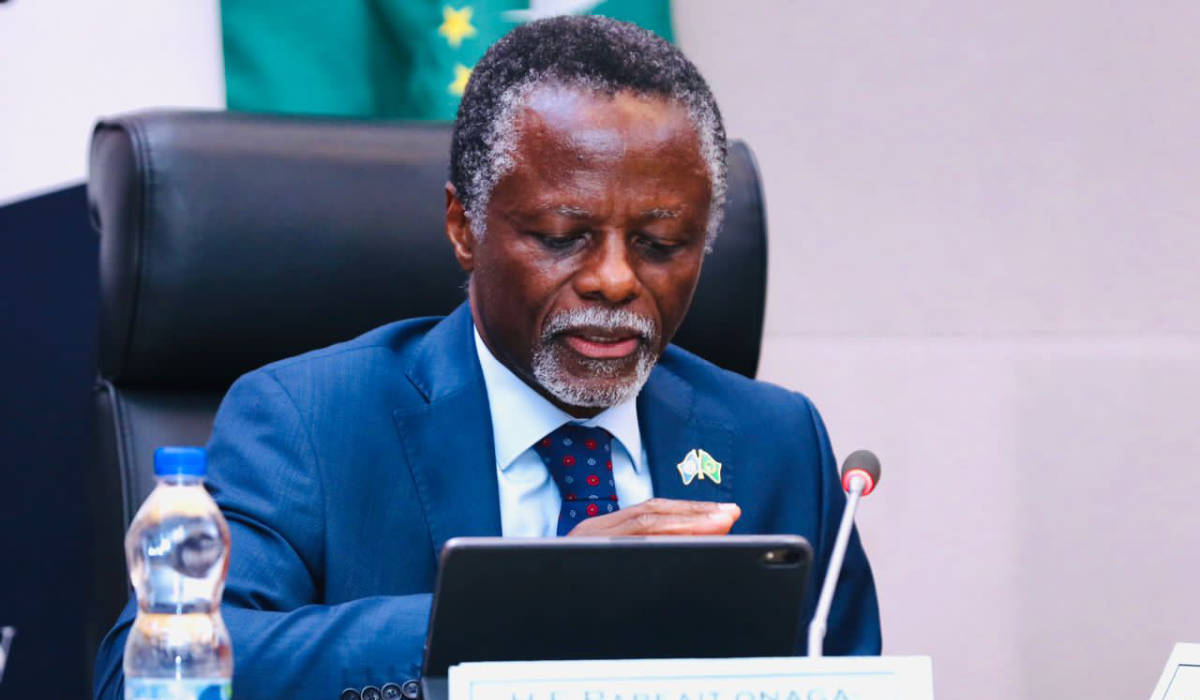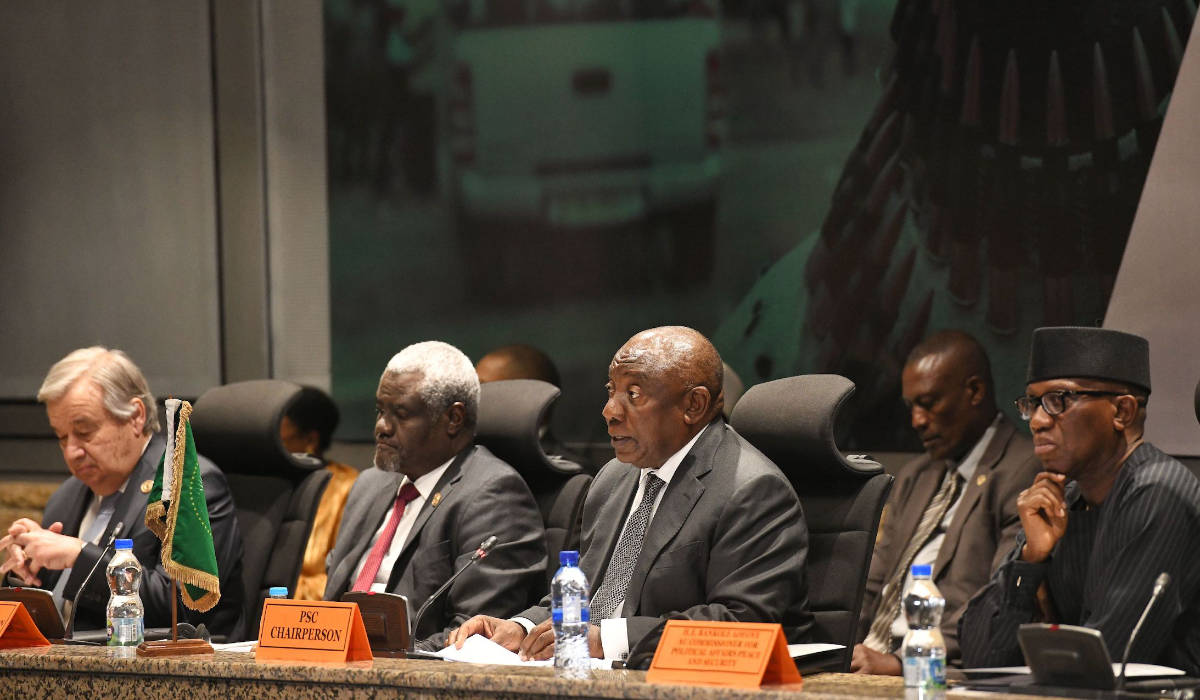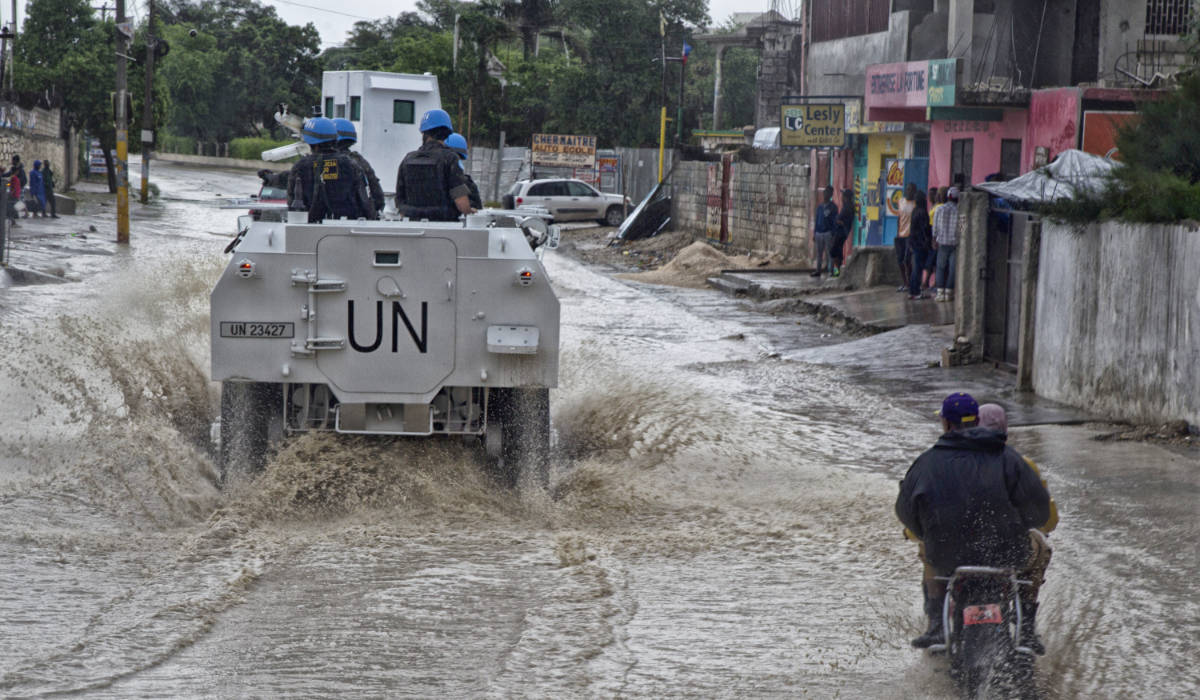In the first article of our December edition of the Monitor, Mr. Parfait Onanga-Anyanga, the Special Representative of the United Nations Secretary-General to the African Union and Head of the United Nations Office to the African Union, highlights three principles that should guide the approach to security sector reform in Africa. Our second article, by ACCORD’s Cedric de Coning, is about the need to adapt the African Standby Force (ASF) concept to the evolving peace operations landscape in Africa. The ASF was established twenty years ago, and the African Union and Regional Economic Communities like ECOWAS and SADC, and others have deployed more than a dozen peace operations of their own over this period. Africa thus has its own rich experience that can inform the future of the ASF and African peace operations.
As COP28 is currently underway, our next two articles address the issue of climate change. Annika Erickson-Pearson and Munini Mutuku have written an article about the attention that the relationship between climate change and peace will likely receive at COP28. Finally, Neo Letswalo has written an article about greenwashing, the negative impact that greenwashing has on the climate change agenda, and the need for African countries to introduce legislation to protect the public from misleading claims about the extent to which policies or products may contribute to the green transition.








